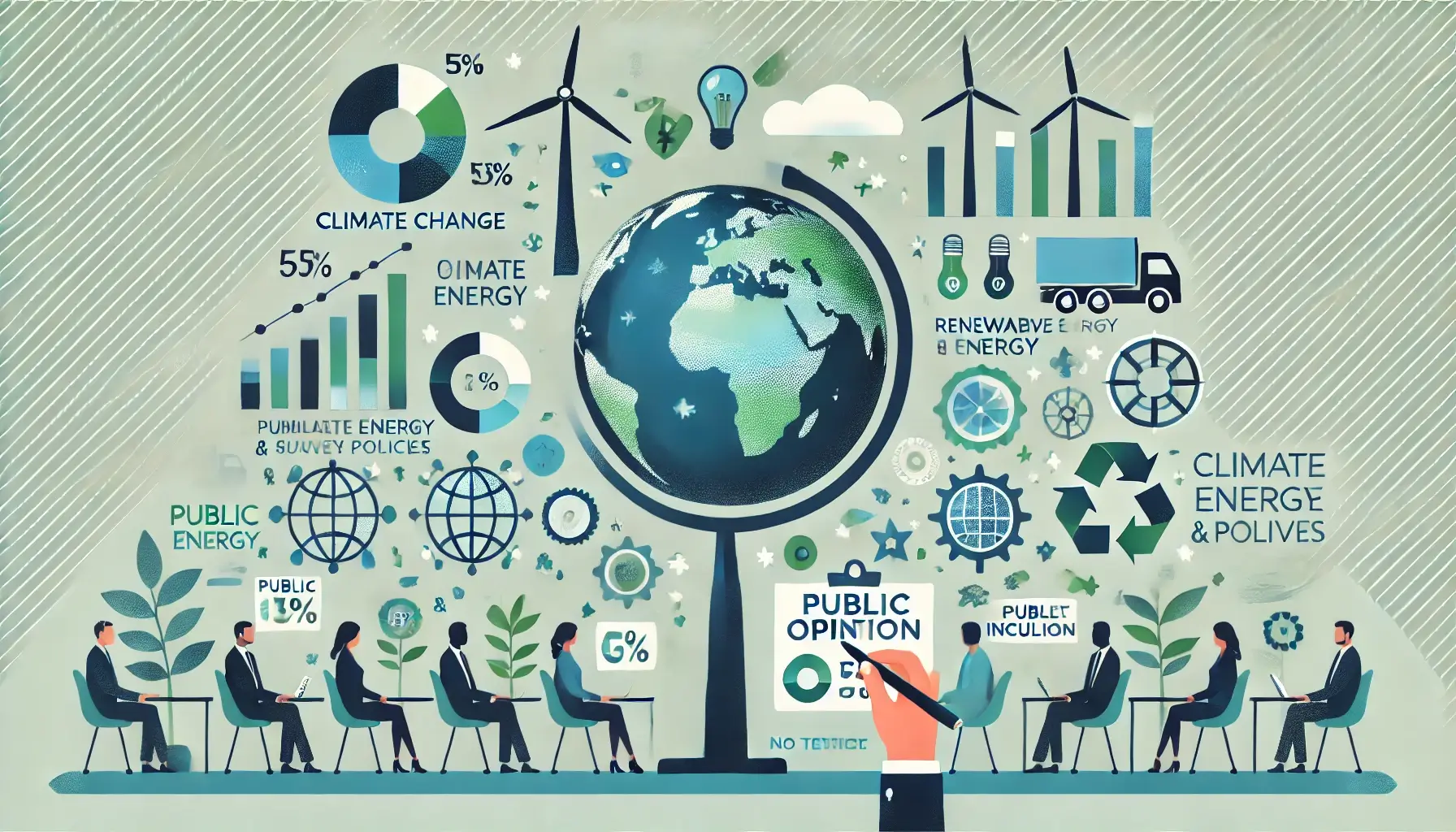Climate change and environmental policies have emerged as critical issues in today’s global discourse. Our recent survey, conducted with over 1,200 participants from diverse regions, offers a comprehensive insight into how the public perceives the impacts of climate change and evaluates current environmental strategies. This article delves into the survey results, uncovering key trends and opinions that highlight the urgent need for more effective policies and collective action.
Through our rigorous data collection process, we aimed to capture the multifaceted views on the severity of climate change, trust in government initiatives, support for renewable energy, and the willingness to adopt sustainable practices. The findings provide a valuable snapshot of public sentiment, emphasizing both the challenges and opportunities in shaping a more resilient and sustainable future.
What You Could Have Earned by Joining This Survey
This climate-focused survey required an estimated 6–9 minutes to complete, with potential earnings ranging from $1.80 to $3.80. Studies on environmental issues—such as renewable energy, sustainability, and climate policies—tend to offer strong reward levels due to high demand from research organizations and public institutions.
If you’re interested in sharing your views on climate change, sustainability, and global environmental trends, you can join MatrixSurvey for free and earn rewards by participating in similar impactful surveys.
Survey Methodology
Our survey was carefully designed to explore various aspects of climate change and environmental policies. The key areas of focus included:
- Perceived Impact of Climate Change: Measuring the extent to which individuals feel that climate change affects their daily lives and communities.
- Trust in Government Policies: Evaluating public confidence in existing environmental policies and governmental initiatives.
- Support for Renewable Energy: Assessing the level of endorsement for renewable energy projects and sustainable infrastructure investments.
- Willingness to Adopt Sustainable Practices: Gauging the readiness of consumers to change behaviors in favor of more eco-friendly lifestyles.
The survey was conducted over a four-week period, ensuring a balanced representation across different age groups, regions, and socio-economic backgrounds to capture a holistic view of public opinion.
Survey Results and Analysis
The survey revealed several significant insights:
- Perceived Impact of Climate Change
Approximately 72% of respondents expressed a high level of concern about the local impacts of climate change, citing issues such as extreme weather, rising sea levels, and health risks as major challenges.
- Trust in Government Policies
About 58% of participants indicated moderate to low trust in current governmental policies addressing environmental challenges. Many respondents called for more transparent and aggressive measures to combat climate change.
- Support for Renewable Energy
Nearly 65% of those surveyed strongly support increased investments in renewable energy infrastructure, viewing it as essential for reducing dependency on fossil fuels and mitigating climate change effects.
- Willingness to Adopt Sustainable Practices
Approximately 70% of respondents expressed readiness to adopt sustainable practices—such as reducing waste, using public transportation, and supporting eco-friendly products—if provided with adequate incentives and information.
Discussion and Key Takeaways
The survey findings reveal a clear urgency among the public regarding climate change, as well as a strong desire for more effective and transparent environmental policies. Key insights include:
- High Levels of Concern: The majority of respondents are deeply worried about the impacts of climate change, indicating a widespread call for immediate action.
- Demand for Policy Transparency: The lower levels of trust in current governmental policies highlight the need for clearer, more robust environmental strategies and better public communication.
- Strong Support for Renewables: There is considerable backing for renewable energy projects, suggesting that investments in sustainable infrastructure could gain significant public support.
- Readiness for Behavioral Change: A high willingness to adopt sustainable practices shows that consumers are prepared to make personal changes when provided with proper incentives and guidance.
Conclusions
The insights from our survey on climate change and environmental policies clearly indicate a pressing need for more proactive, transparent, and effective measures to address the climate crisis. While there is strong public support for renewable energy and sustainable practices, skepticism toward current policies suggests that governments must improve their environmental governance. The data presented here serve as a valuable resource for stakeholders and policymakers aiming to build a more sustainable and resilient future.

READY TO MAKE A DIFFERENCE?
Join our community of opinion-makers and share your insights to help shape tomorrow’s trends. Take quick, engaging surveys and earn rewards along the way.
